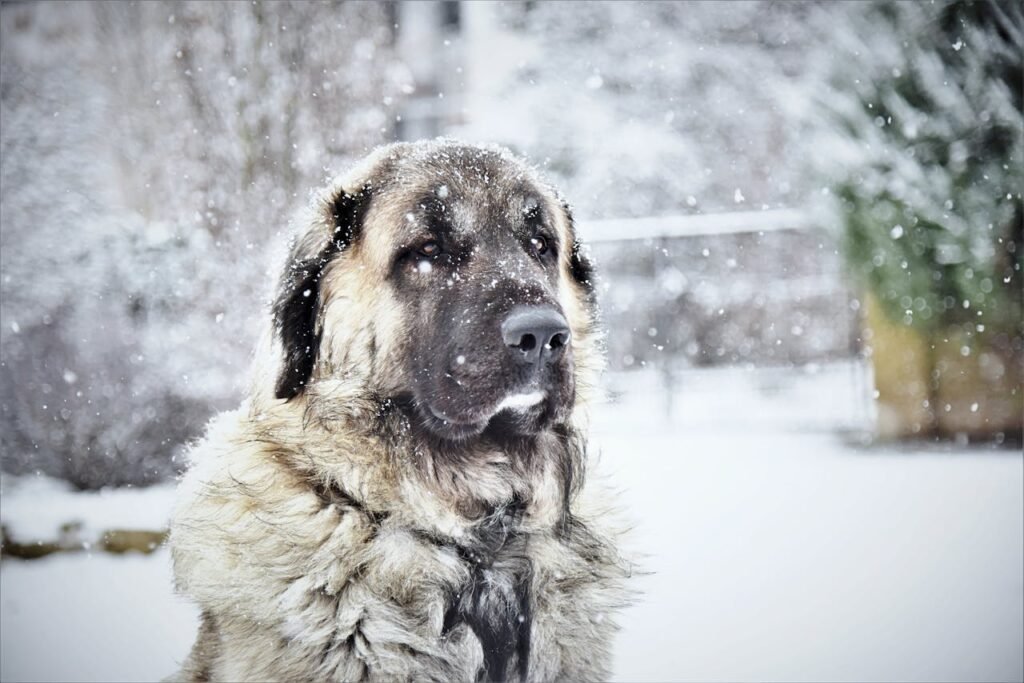When pets consume antifreeze products that contain ethylene glycol, a chemical that is extremely toxic even in trace levels, they can develop antifreeze poisoning, a potentially fatal condition. When consumed, ethylene glycol is broken down into substances that harm the heart, brain, and kidneys, frequently leading to death if treatment is not received. Due to the widespread use of antifreeze on machinery and automobiles throughout the winter, this poisoning is very prevalent. Our mission at Sedro-Woolley Veterinary Clinic, situated on Carter Street in Sedro-Woolley, Washington, is to inform pet owners about the risks associated with antifreeze and to provide immediate medical attention in the event that poisoning is suspected. Give us a call at (360) 856-6890 if you need help right away.
1. Safekeeping
Keep antifreeze out of pets’ reach by keeping it in a locked cabinet or high shelf. Make sure the containers are properly labeled and securely sealed. You lower the chance of unintentional ingestion by keeping these dangerous drinks out of reach. Verify storage spaces frequently to make sure containers are safe and unopened by inquisitive animals.
2. Quickly clean up spills
Spilling antifreeze should be cleaned up right away. Make use of the proper cleaning supplies and properly dispose of any contaminated materials. Pets can avoid licking the residue and consuming chemicals by taking prompt action. To reduce exposure to any residual chemicals or fumes, ventilate the area and always wear protective gloves when cleaning.
3. Get Rid of Antifreeze Correctly
Antifreeze that is unused or outdated should never be kept in open containers. Follow your local hazardous waste disposal guidelines. If pets are permitted in the neighbourhood, improper disposal may result in unintentional exposure. To prevent contaminating the environment, make sure that any leftover antifreeze is sealed in a container and disposed of at the proper locations.
4. Refrain from leaving cars unattended
Puddles or drips beneath parked cars may pique a pet’s interest. Make sure your car is off the road and in a safe spot before parking. Check for leaks in the vicinity of your car on a regular basis. By taking this precaution, you reduce the possibility that your pet will come into touch with antifreeze that has spilled, especially in the cold.
5. Whenever possible, use pet-safe products.
Choose pet-safe antifreeze products with fewer harmful ingredients when they are available. These substitutes lessen the chance of serious poisoning if consumed, but caution is still advised. The finest options for your home should always be discussed with your veterinarian, and family members should be made aware of the significance of choosing safer alternatives when around pets.
6. Inform Visitors and Family
Ensure that all members of your family and regular guests are aware of the risks associated with antifreeze poisoning. Give precise directions for handling and storing materials safely. Teaching kids and visitors lowers the possibility of unintentional spills or incorrect storage, guaranteeing that everyone in the house is watchful to shield pets from harmful exposures.
7. Examine Outdoor Spaces Frequently
Look for indications of antifreeze spills or leaks in your driveway and the outdoor spaces nearby. Frequent inspections assist in spotting such risks and taking action before your pet is exposed to them. Preventing your pet from ingesting even little amounts of antifreeze and protecting their health requires early notice and quick cleanup of any spills.
8. Maintain Equipment and Vehicles
To stop leaks, give your car and any antifreeze-using equipment regular maintenance. Accidental spill risk is reduced by making sure regular maintenance is performed. Get them fixed right away if you see any leaks or odd drips. Maintaining your car properly is crucial for your safety and the health of your pet, particularly in the winter.
9. Make Use of Warning Signs
Post conspicuous warning signs close to locations where antifreeze is used or stored. All members of the home are reminded to practice caution by these signals. Pets can be discouraged and guests can be made aware of the possible risk with clear labeling and signage. By emphasizing the need for caution around hazardous materials, warning signs contribute to the upkeep of a safe environment.
10. Have Emergency Contact Information on Hand
Keep your veterinarian’s and the closest emergency clinic’s contact details close at hand. It is imperative to seek medical attention right once if antifreeze poisoning is suspected. Keep these numbers handy, like on your phone contacts or refrigerator, so you can swiftly call for expert assistance and maybe save your pet’s life.

